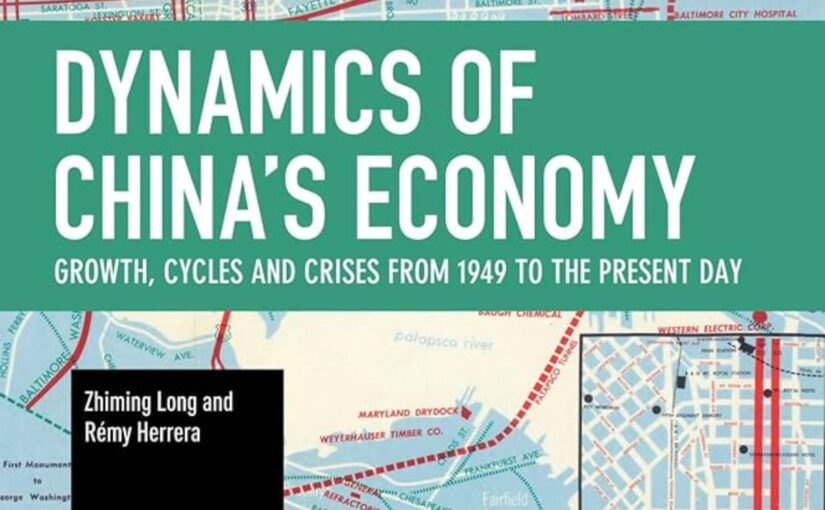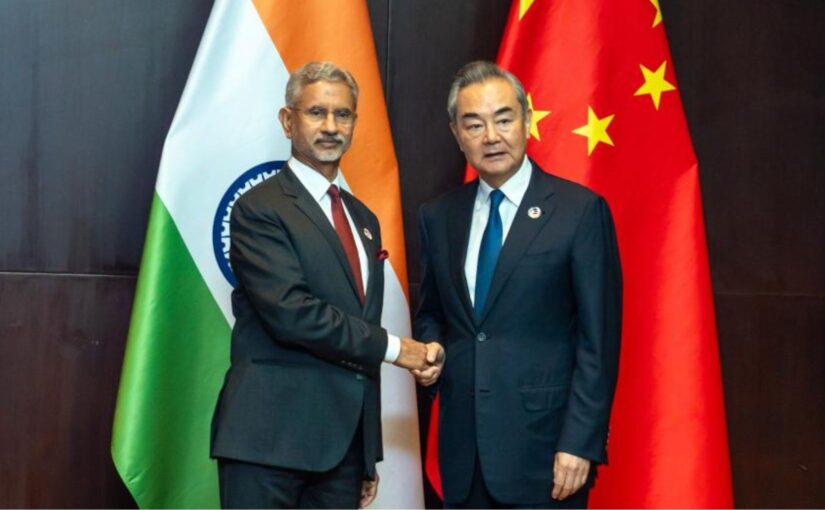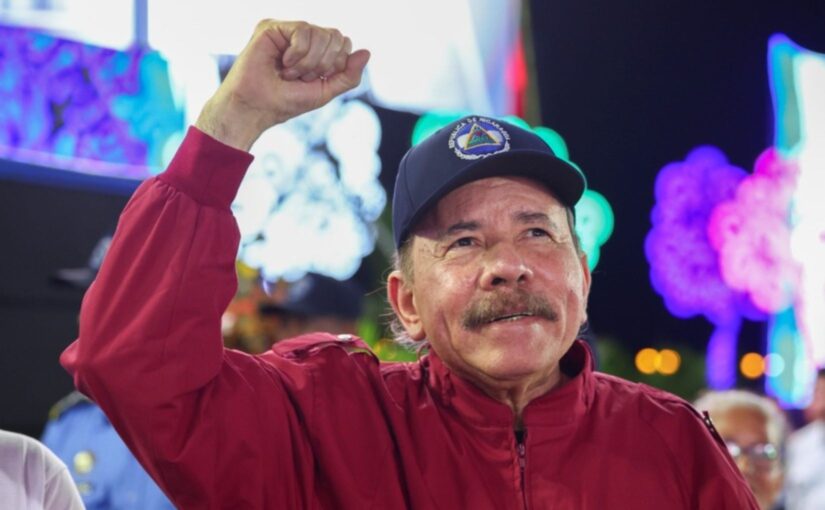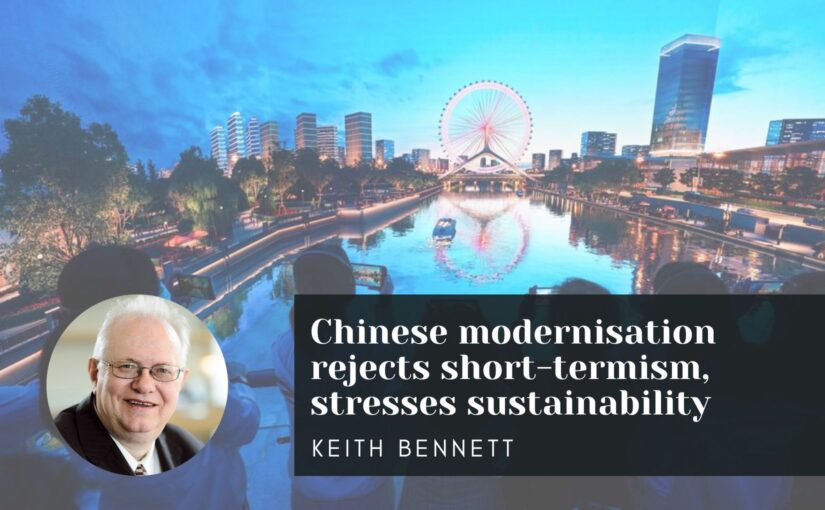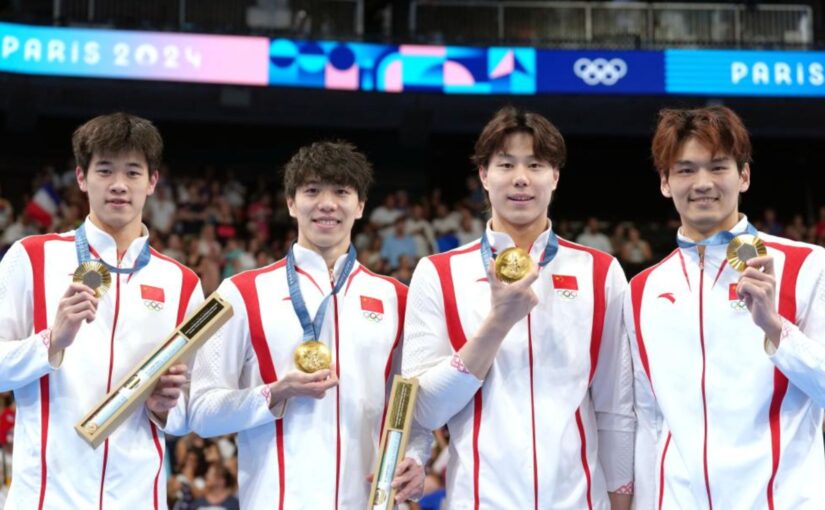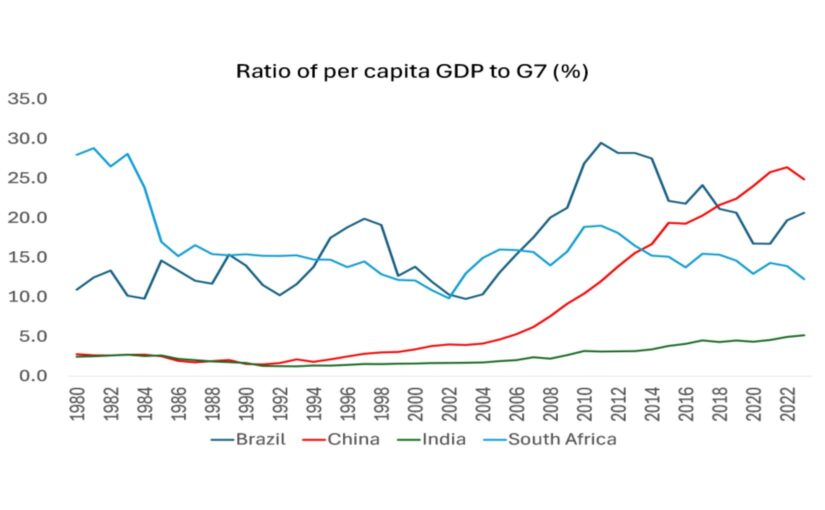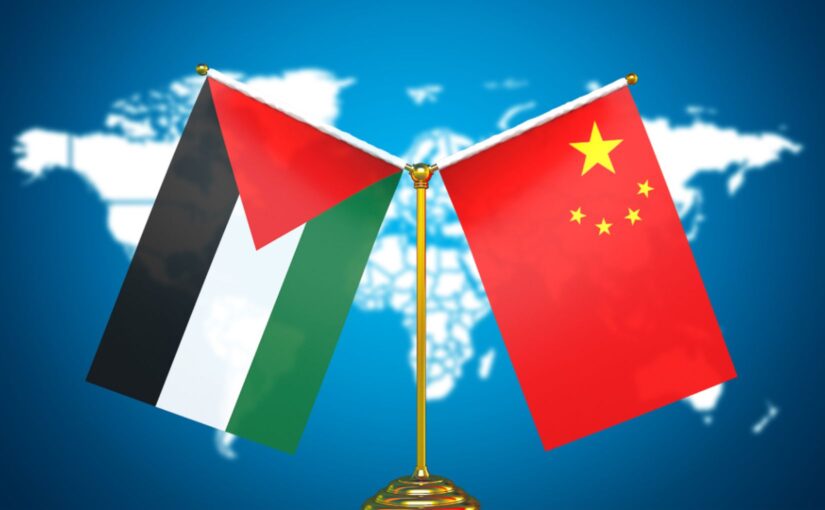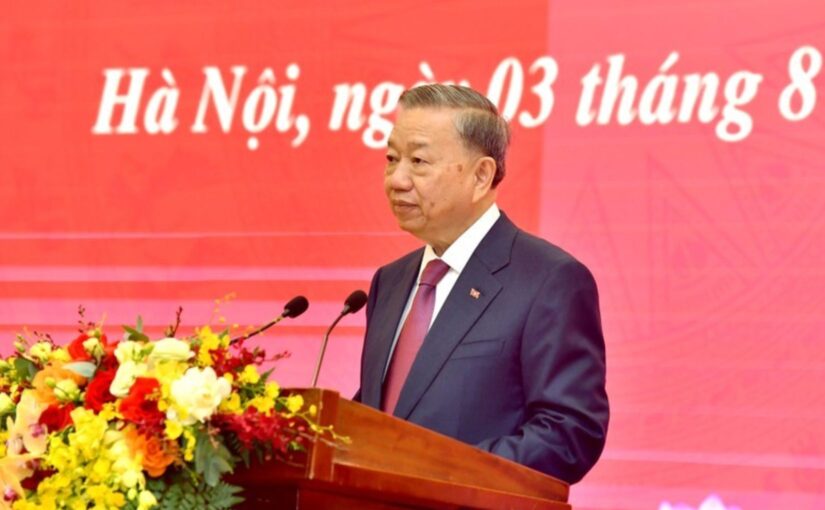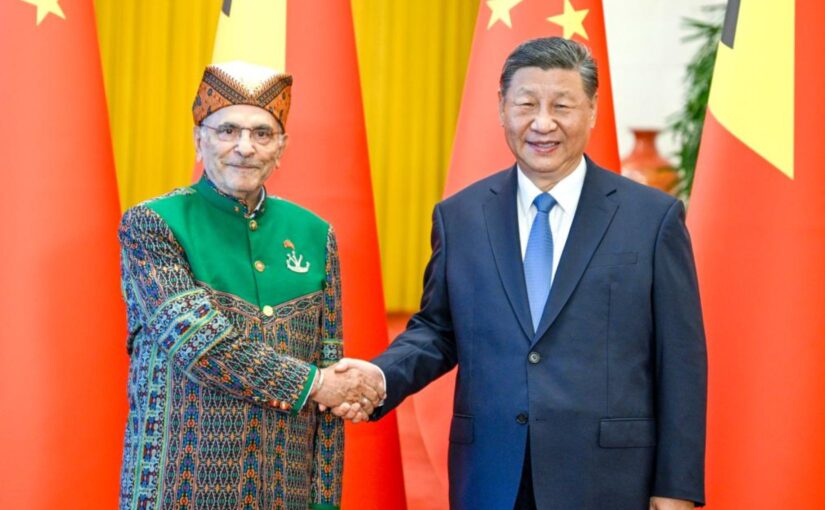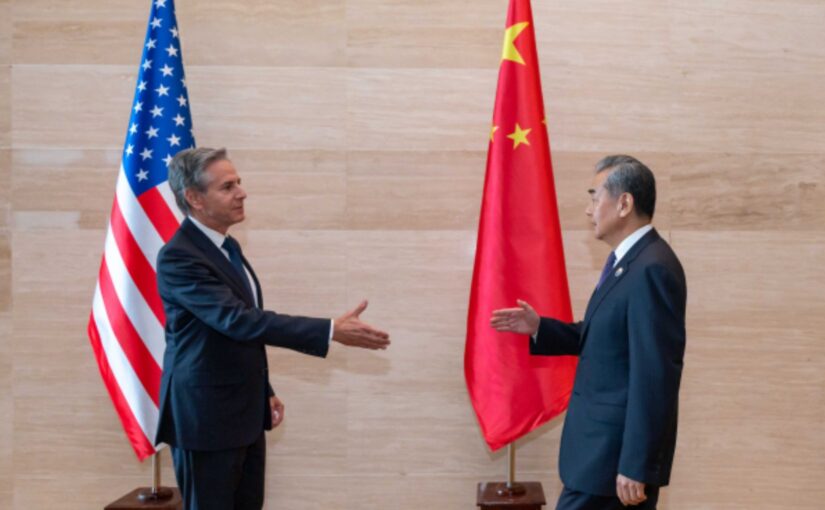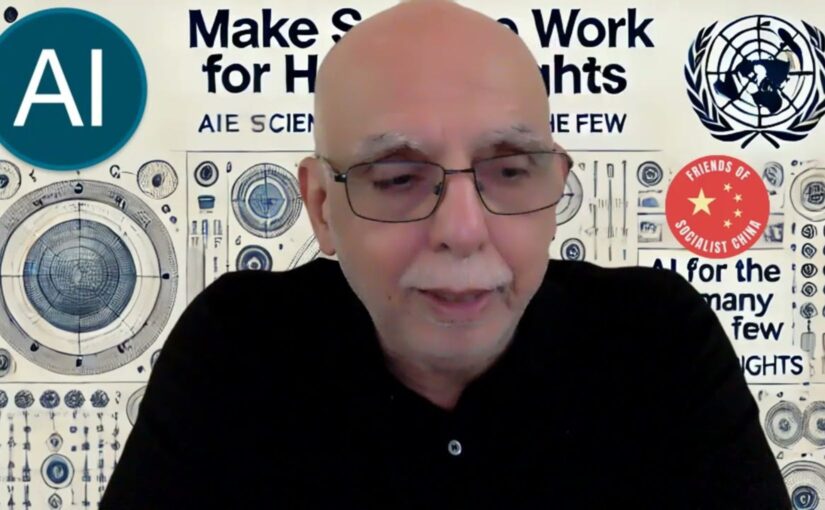A pioneering photographer, now considered a founder of photojournalism, was honoured with the unveiling of a blue plaque at his former home in the south London district of Brixton on Thursday August 8. London’s blue plaques scheme, run by English Heritage, celebrates the links between notable figures of the past and the buildings in which they lived and worked.
John Thomson, who was born in Edinburgh in 1837 and who died in London in 1921 and is buried in Streatham Cemetery, was known for some of the first photographs of China, Cambodia and Thailand to reach a British audience, as well as for photos of the poorest sections of the working class in Victorian London, before finally winning recognition from ‘high society’ and royalty.
In April 1862, Thomson left Edinburgh for Singapore, beginning a ten-year period of travelling in East and South Asia. After visiting Ceylon (as Sri Lanka was then known) and India in October-November 1864 to document the destruction caused by a cyclone, he travelled to Thailand (then known as Siam), taking photographs of the monarch and members of the royal court and government.
Inspired by accounts of the rediscovery of the ruins of the city of Angkor, which was at the heart of a magnificent Khmer civilisation that flourished from the ninth century onwards, Thomson set off on his first major photographic expeditions and, despite nearly dying of malaria, took the first known photographs of the Angkor Wat Temple, which today takes the central place on the Cambodian flag. As in Siam, he also took photos of the Cambodian royal family.
Following a brief return to Britain, he settled in Hong Kong in 1868, using it as a base to explore and photograph China extensively over the next three years, including Fujian province, Guangzhou, Beiijing, Shanghai, the Great Wall and deep into central China. He published many of his photographs under the title, ‘Illustrations of China and Its People’.
His other important publication was ‘Street Life in London’. According to the BBC, it “recorded some of the impoverished characters living on the fringes of late nineteenth century society in London. His photographs include Hookey Alf of Whitechapel, who wore a hook in place of the arm he lost in an industrial accident and hung around the streets of east London looking for casual labour… His photojournalism, deliberately intended to prick the consciences of the Victorian middle classes, included a poignant picture of a destitute woman in Covent Garden, taken in 1877 and entitled ‘The Crawlers’.”
What the BBC did not report was that, far from merely intending to prick middle class consciences, each of the 36 photos was accompanied by text written by Adolphe Smith Headingley, a Marxist revolutionary and member of the First International. Half-French and a participant in the Paris Commune, Smith narrowly escaped execution when the Commune was crushed and was also instrumental in popularising the singing of the Red Flag in the British Labour movement.
Speaking at the unveiling of Thomson’s plaque, Jamie Carstairs, senior digitisation officer with Bristol University’s library services, who originally made the nomination, said that Thompson was an exceptionally gifted and versatile photographer with “a rare combination of a keen intellectual curiosity, perceptive observational skills, and visual virtuosity.”
‘Illustrations of China and its People’, consisting of 200 photographs and descriptions, was published in 1874. It earned him the nickname “China Thomson”. He is nowadays acclaimed as one of the best foreign photographers ever to set foot in China, Carstairs noted.
“Thomson’s photography introduced the Victorian public to what it could not see – far away Asia – and to what it did not necessarily want to see – London’s poorest people. John Thomson is a model photographer. Talented, hardworking, innovative, effective, generous, humane. His respect and empathy for the people he photographed made for compassionate and moving portraiture, especially of women.”
Carstairs was followed by Betty Yao MBE, a Chinese community activist, who co-founded the Pan-Asian Women’s Association (PAWA UK) and is the Managing Director of Credential International Arts Management. The rediscovery of Thomson’s work on China is largely thanks to 15 years of tireless work by Betty, who curated the touring exhibition, ‘Through the Lens of John Thomson’, which has now been viewed by over a million visitors throughout Britain, Ireland, China, Europe and North America. Betty has also chaired the John Thomson Commemoration Group, which completed the restoration of his gravestone at south London’s Streatham cemetery in 2019.
She told the gathering of her first encounter with Thomson’s work: “Instantly, I fell in love with his images of China, especially the many, many photographs of women.”
Mayor of Lambeth, and Labour Councillor for Brixton North, John-Paul Ennis said: “I’d like to thank everybody involved in helping to bring this blue plaque to fruition. Blue plaques create the opportunity to sow seeds in people’s minds. To see that great people have lived or worked in your community can have a huge impact on you.”
Thomson’s great-granddaughter, Caroline Thomas said: “As Londoners by upbringing, the work [‘Street Life in London’] resonates greatly, despite being produced over a century ago. It’s sad to think that some of the themes still prevail today. We’re especially proud of the fact that Thomson and Smith chose as their subjects ordinary people and those on the edge of society… It is this humanity that we would like to honour.”
In 2020, a heritage plaque was unveiled on the Edinburgh building where Thomson was born.
The below article was originally published on The Brixton Blog. We also embed an interview with Betty Yao, recorded in 2018, to coincide with her exhibition showing at the Brunei Gallery at SOAS University of London.
Continue reading Brixton plaque remembers China pioneer
